Preventative Self-Care
The Snohomish County Children’s Wellness Coalition believes in the adage, “An ounce of prevention is worth a pound of cure.” To that end, we have identified an incredible free resource: the very accessible and comprehensive workbook, “What about You?”
No one thing works for everyone. There is no self-care cookie cutter. So we have sprinkled a little bit of everything throughout this guide. We hope that it will make you think, make you laugh, and occasionally make you remember to breathe.
Developed by the National Center on Family Homelessness, the workbook provides a number of tools that administrators and educators can use to identify their stressors and develop their own coping strategies – a prudent and proactive self-care strategy that prepares us to help you be ready when stress arrives. Helpful tools within this workbook include:
- Understanding stress warning signs and identifying how your own signs (pages 21-22)
- Preventing burnout (pages 30-32)
- Reflecting on the purpose as to why you chose this career, and writing your own mission statement (page 44-45)
What About You? Workbook
 Loading...
Loading...
For staff working to enhance your student’s self-care, the Children’s Wellness Coalition recommends, “Creating Your Personal Stress Management Plan,” a tool written for students by Dr. Kenneth Ginsburg, M.D., M.S. Ed, a pediatrician specializing in Adolescent Medicine at The Children’s Hospital of Philadelphia and a Professor of Pediatrics at the University of Pennsylvania School of Medicine. This simple ten-point tool is versatile enough to be used by staff to implement with students, or for staff as a tool for self-reflection in designing one’s own self-care plan.
Creating Your Personal Stress Management Plan
 Loading...
Loading...
Remember – self-care is multidimensional. If you want to dig deeper, the School of Social Work at the University at Buffalo has published great tools for creating a more in-depth self-care plan. Following this link will take you away from our webpage:
https://socialwork.buffalo.edu/resources/self-care-starter-kit/developing-your-self-care-plan.html
